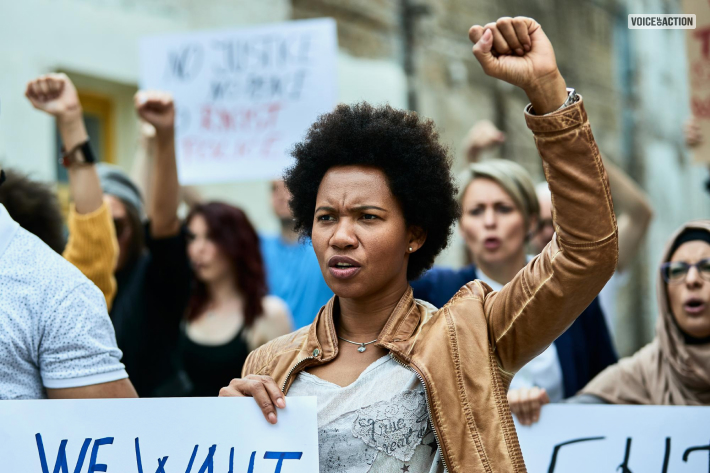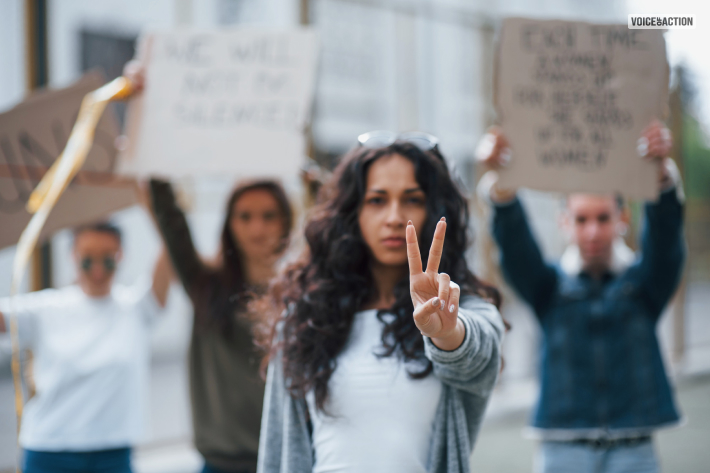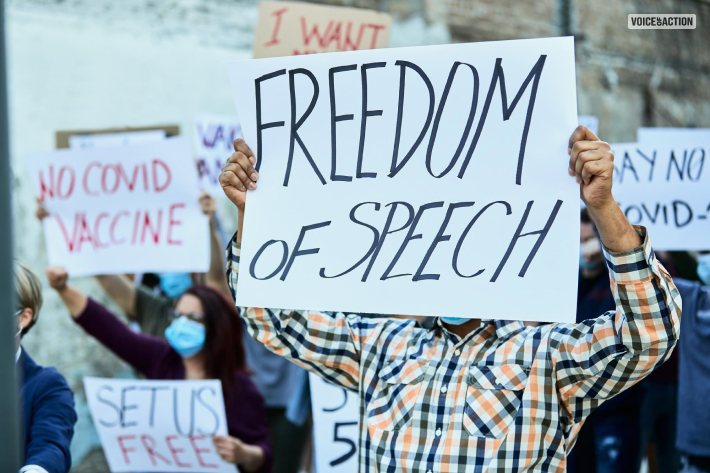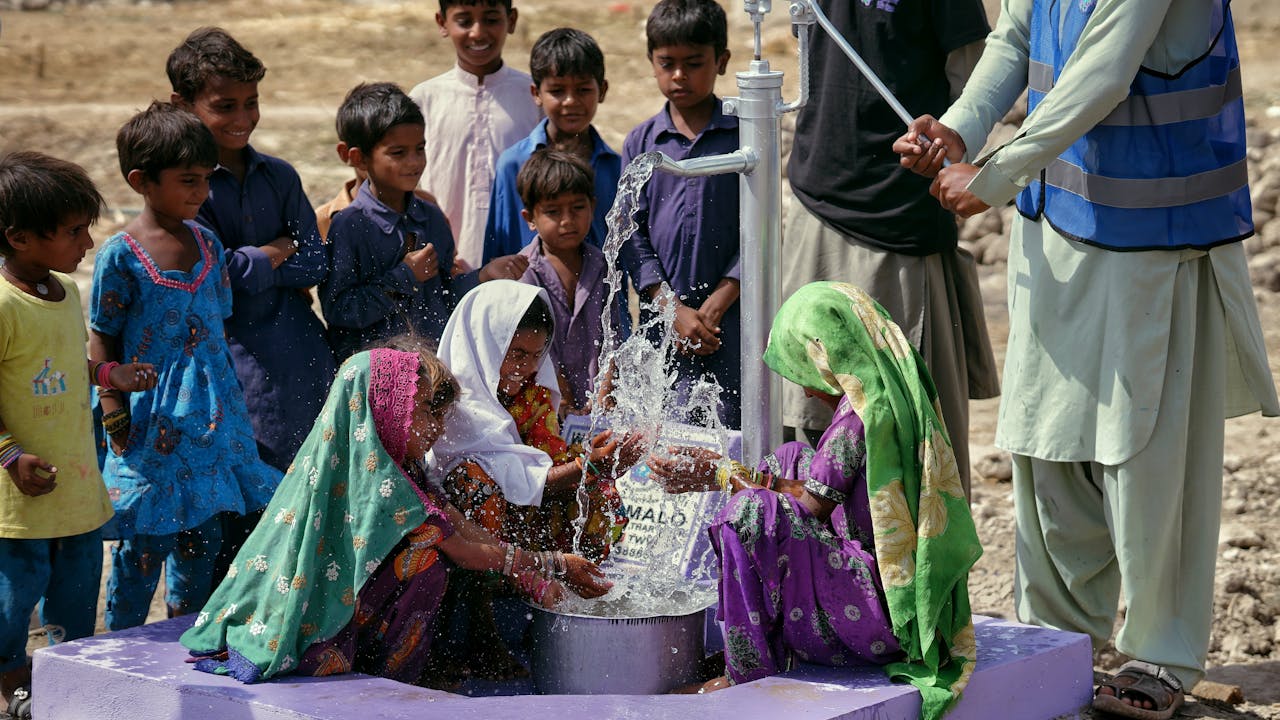Social Justice Issues You Keep Forgetting (Which Still Exists)

Our human society is standing on the shoulders of social justice issues. Without this, we wouldn’t even have the essence of civilization. Society will crumble in the name of purgatory, and the gap between the rich and poor will grow with each injustice.
We all know that the law is blind in front of other social and economic factors. This means a country’s law will protect itself in terms of equality, prejudiced thought processes, discrimination, and equity.
However, when we look deeply into the blocks of our societal structure, social justice issues are still prevailing.
There are some which we do not even talk much about!
So, it is high time that we make light of these situations. Awareness is the first step to change in our society.
What Is Social Justice?

In simple words, social justice is the fair distribution of economic growth in any country. However, a person’s economic status and occupation do play an important role in distributing that economic profit.
However, there might be a possibility that not everyone will have equal opportunities. This is why equity is such an important factor in social justice. This is when the government decides to balance out resources (providing a little extra for the underprivileged). This is so that they are at an equality to compete with the more privileged kind in our society.
Although we are trying, the journey towards social equality is long. It will roughly take another 136 years for society to be at an equal stance. (Source)
We won’t be able to reach the destination without doing our part to know and educate about social justice issues.
Therefore, without any further ado, let’s get into it.
What Are The Social Justice Issues (Lesser Known)

Here are some of the social justice issues you should pay closer attention to as a future human rights activist.
1. Environmental Racism
According to a study in 1983 by the US Congress, environmental bodies discovered that _ in the Southeastern region of the country, most of the untreated landfill waste was near water bodies belonging to areas of underprivileged, low-income communities of color. (Source)
This raises a big question of intersectionality – How much does our environment speak about our societal structure?
Are we really on the brink of racial and economic division through environmental conditions? The truth is, this has been a concern for quite some time.
After all, high economic grounds are always well maintained by the community and government. This increases the property value, and real estate companies make a good profit out of selling luxury properties.
However, the environmentally destructive grounds do not receive the same treatment. Due to less government jurisdiction of land and conditions, it attracts low-income settlers.
At the same time, it becomes the dumping ground for factories, knowing they have to maintain the high-end lands for commercial purposes.
2. Food Injustice
Food justice is a vital social justice issue our world is facing. Making food available to everyone is not just there for eating but is a declaration of equality. People must not have to endure hunger, food insecurity, or live on the margins. Food injustice causes not only physical illness but also social disharmony.
It calls on us to stop the cycle of food deserts and disparities. Together, let us turn every plate into a certificate of justice. Not only does it satisfy our stomachs when we dine together on common dishes, but even more so in the little actions between people that nurture and spread the spirit for social change.
3. Digital Divide
The digital divide isn’t limited to gadgets and screens either. It is a question of fairness. Not everyone has the same access online, and that’s a big deal. It means that some people miss out on important information, education, and employment opportunities. For some people, it’s like having a library but locking the door.
But this isn’t just a matter of tech; it is also taking us toward a fairer society. Everyone must join in the digital dialogue.
It’s not only bytes and data; it also involves tearing down the walls that restrain people. Let us cross this divide and build a more equal and connected world.
4. Criminalization Of Poverty
Making poverty criminal is like giving someone a handcuff for being poor. A nightmare inducing social justice issue for people who are already dealing with a lot. It hits particularly hard on those just making it by. It’s not a crime to sleep on the street or ask for help. We need a system that assists, not punishes, the weak. It’s not about justifying crime but knowing the factors at work.
Instead of fines or jail, let’s think about support and solutions!
Criminalizing poverty doesn’t solve anything but just adds still more weight to already heavy shoulders. Let’s strive for a society in which poverty is met with empathy, aid, and opportunity to rebuild.
5. Ageism
Ageism is like criticizing a book before you’ve read it- only the victims are people. It’s when someone is treated differently by virtue of their age, whether too young or old. It’s not just about birthdays; it is about misleading expectations.
Younger people are full of creativity, while older folks have much more experience. Opportunities and respect shouldn’t restrict to.
Let’s shatter the age-related stereotypes and make a world where everyone is appreciated, regardless of how many candles are on their cake. But ageism isn’t just bad manners; it robs us of the opportunity to enjoy and profit from each stage in life with its unique offering.
Spreading Awareness Against These Social Justice Issues

When it comes to taking action against it, it is more about how to prepare with your knowledge.
Speak Up: Story and facts help us break the silence and raise awareness.
Use Social Media: Amplify your message and widen the audience through platforms.
Educate Others: Having people talk about these social justice issues questions will make them understand and be sympathetic.
Support Organizations: Back groups are getting involved in solving these problems by volunteering or donating.
Lead by Example: In your daily intercourse, model inclusive behavior and challenge stereotypes.
Stay Informed: Continue learning about these topics to stay alert and be an effective advocate. Our efforts, acting as ripples in one common movement, can stimulate dialogue and cause action toward fairer, more just social environments.

























